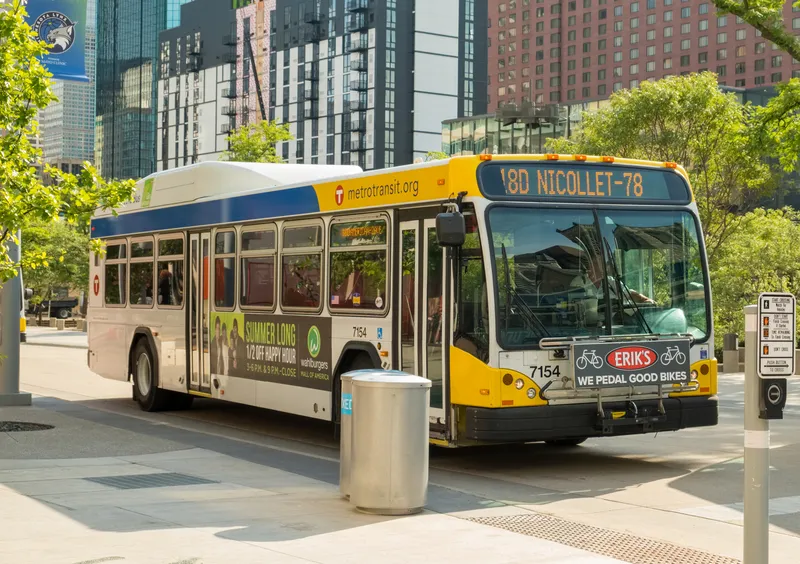
A major smart signal upgrade along US-1 TransitWay corridor is already demonstrating improved bus route efficiency, on-time arrivals, but most importantly, providing riders with shorter commute times. After the infrastructure upgrades, which include new controllers and detection sensors, Econolite will integrate its Centracs ATMS software solution – being highlighted at the ITS America meeting - to incorporate the county’s transit bus dispatch and locator app system, as well as the county’s emergency vehicle management system.
Through its flexible architecture and module-based expandability, Centracs is providing real-time transit priority, providing dramatic gains in transit efficiency while helping to reduce traffic congestion. The ITS solution also includes adaptive signal control and connected vehicle capabilities. “This has far reaching and long-term benefits for the residents of Miami-Dade County,” said Econolite SVP of sales, Mark Nogaki. “As more of the smart signals come on line, we expect the efficiencies to continue to increase and travel times to decrease.”
Miami-Dade County’s ITS selection follows a successful 2016 small-scale adaptive signal control installation along the NW 36th Street between 71st and 84th avenues. This adaptive deployment, using Econolite’s Centracs software system, demonstrated a 10% average reduction in travel time along that corridor.
Booth 311









